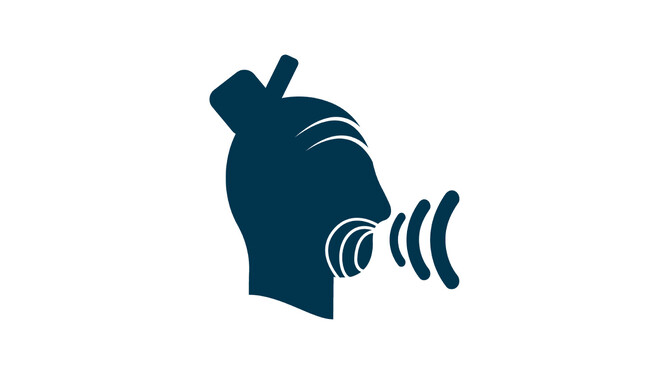In early 2022 the WWP convened a cross-sector working group to review the current situation and develop options to better meet our strategic goal of sharing stories through data and insights. Research commissioned by MartinJenkins and Melde found that there is a case for change to enhance current arrangements to better understand wellbeing across the region.
Building on the Strategic Case developed by MartinJenkins we have further refined the opportunity as the confluence of empowerment, insights, and information. Te Ara Poutama is a response to the needs and aspirations of our community to create an environment where data and information is collected and collated effectively, communicated well, and used frequently by many.
The intended impact of the initiative is that:
Waikato people, at all levels, are empowered to make important choices wisely for the present and future wellbeing of the waters, land, and people of the Waikato. |
Te Ara Poutama will be a conduit to community verified data and insights, and a facilitator of sector and place specific insights. It will build on what exists to support our understanding of what success looks like, where we are, and what is most important at any given time, to support our future and present wellbeing.
When fully developed, Te Ara Poutama will be a “21st century library” with questions coming from the community, and the initiative acting as ‘insight librarians’ pulling resources off the shelves and communicating them well. Where the resources do not exist, Te Ara Poutama will act as the facilitators, navigators, and connectors supporting the clarification of questions and directing customers to the tools and options that exist - including commercial operations where appropriate.
Steps from Here
The finalised strategic and business case will be reported back to the full stakeholder group in February-March for feedback, refinement and completion. A key aspect of this stage will be to seek support to co-fund the programme, at least for the first 2-3 years. Funding options are currently being discussed with a range of regional stakeholders.
Once seed funding is secured, recruiting a programme manager for the next 1-2 years will allow detailed implementation pathways and project partnership opportunities to be further fleshed out.


